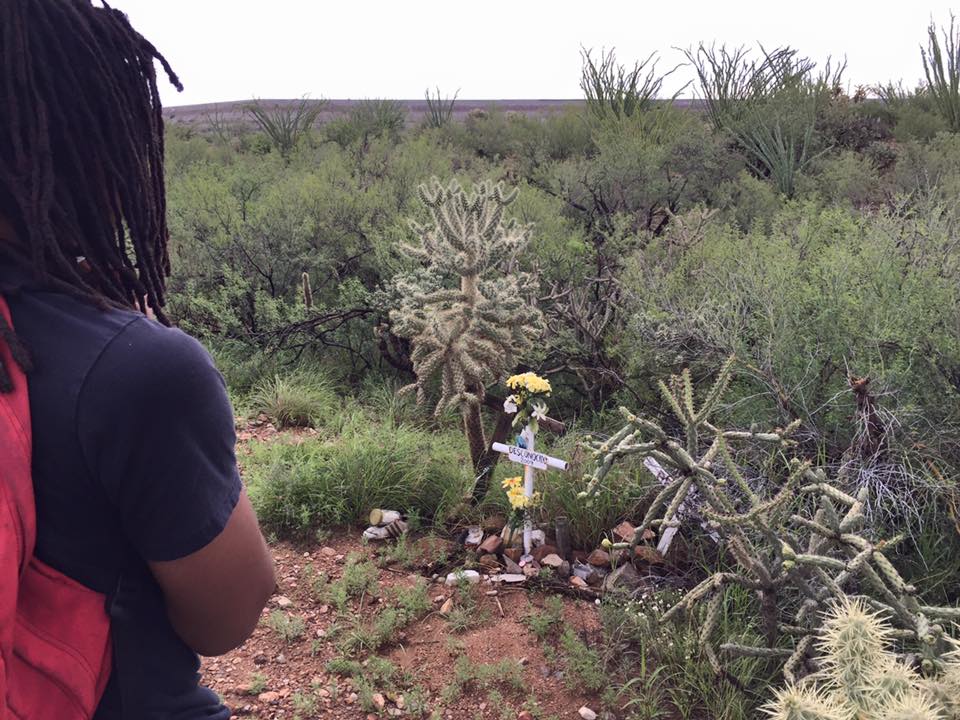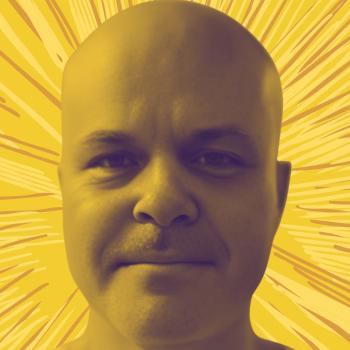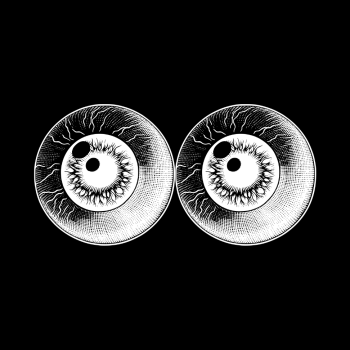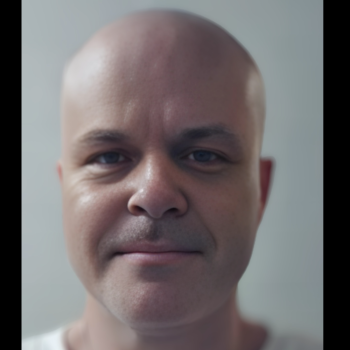*This is a conversation that took place on July 30, 2015 between Kristin Kelly, Christian Parks and I on our return home from an immersion experience on the US/Mexico border focused on queer theology.
K: How has your perspective of God changed?
J: Sitting on the hill overlooking the border, I saw people on the other side. Sometimes I had the chance to wave, sometimes I had the chance to make eye contact and once I had the chance to say hello. Those brief glimpses of the other side reminded me of the brief glimpses we get of God. I believe the incarnation of Jesus is in the oppressed and marginalized. On that hill…as I raised the bread and the cup…I knew that I was communing with those who mourned their loved ones on the other side of the wall. I knew that I was communing with the bones of migrants scattered throughout the desert. In such communion, I felt the majesty of God. I got to see a glimpse of the beloved community. So Christian, where do you feel that God is on the border?
C: While on a hike through the desert, I was visited by a butterfly. It was then I was reminded that God is the God of the journey. God travels with, gets dehydrated with, loses shoes with, gets caught in the rain with and even dies with each person on the journey. Kristin, where did you find God?
K:I found God while standing on a hilltop taking in the elements with a Latino, a Latina, White brothers and African-American brother. I recognized in that moment…as we broke bread and drank of the cup…that we do these things in remembrance not only of Christ…but also of every individual who takes the confusing and fearful journey crossing the border into the unknown. When we shouted, “Jesús Cristo, Presente!“…we were not only presenting Christ but also all those who have been lost. How has your perspective of borders changed?
J: I think the way that we perceive the borders of our identities is intimately connected to our national border. Borders of identity and nationality are inherently selfish and exist to shut others out. This trip has renewed in me a ferocious desire to cling to the God beyond borders. Christian, how do the problems of the borders in your own life help you to understand the problem with the national borders?
C: Constructed walls are a form of violence on my potential and ability to grow. I have found that our national borders constrict our nation’s ability to evolve and progress. Borders stunt growth. In our restricted growth we never are able to see the fullness of God. Kristin, what potential is lost in your life and in our nation with our borders?
K: When we construct walls in our lives we are creating ways to keep people out. I have found in my own life that walls are constructed because of fear – fear of hurt and an ultimate fear of loss. Creating a wall between nations stunts the potential of building relationship. In losing that potential we encourage fear of otherness and we take away hope. Jeff, how do we deconstruct our borders?
J: We transcend them in our personal lives, we prophesy to that transcendence in our public lives and we don’t let anybody turn us around. Borders keep us from God, our neighbor and our persons. We must refuse to allow the closet of borders to go unchecked. How do you plan on deconstructing the borders in your own life?
C: Learning to love myself, learning to love God and learning to love my neighbor. In love, our borders dissolve. In courage, our borders are dismantled. In queerness, our borders don’t matter. How will you deconstruct your borders?
K: I plan to seek to embrace the divinity, not only in myself, but in each and every person I encounter. Deconstruction is a political, spiritual and even a physical act that calls me to be in full communion with God’s creation. In order to deconstruct, I must first fully acknowledge and celebrate all that come to the table.
J: We give thanks for the Queer, the one and only borderless God.
Amen.













